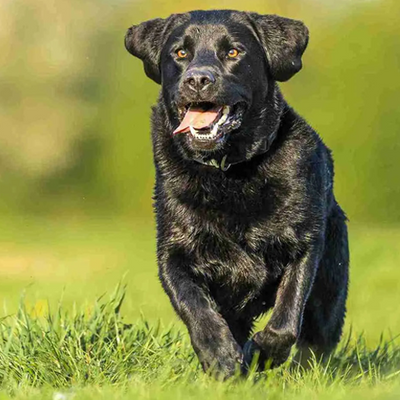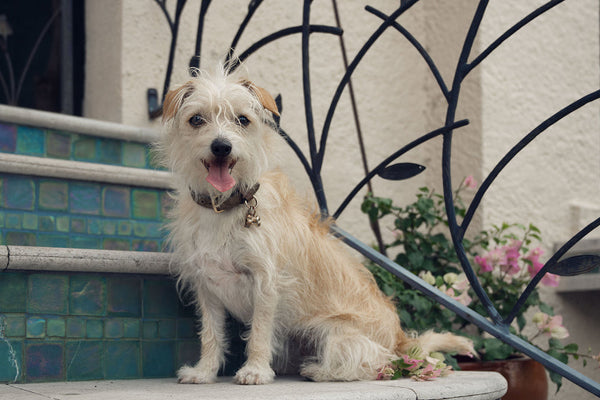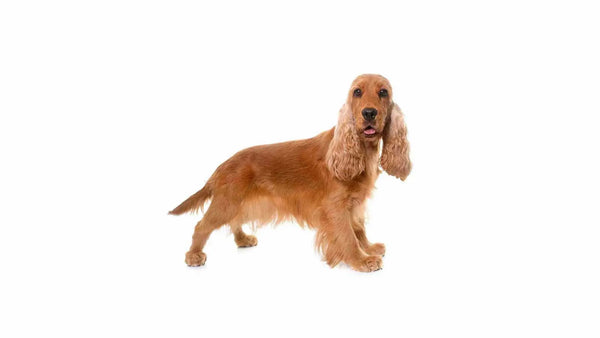Porkie
Porkie
America’s Pint-Sized and Spirited Tricolor Companion
1. Introduction to the Breed
The Porkie, a lively cross between a Pomeranian and a Yorkshire Terrier, ranks among America’s top mixed dog breeds in 2025, adored for its pint-sized energy and spirited personality. Known for their intelligence, bold demeanor, and tricolor coat, Porkies are ideal for owners seeking a tiny, affectionate pet with a vibrant presence. Their fluffy fur and playful charm make them perfect for urban apartments or cozy suburban homes, bringing enthusiasm and devotion to any household.
2. History of the Breed
Developed in the United States in the 1990s, the Porkie was bred to combine the Pomeranian’s fluffy spunk with the Yorkshire Terrier’s elegant, tricolor coat and confident nature. Gaining popularity as a designer breed for their small size and lively temperament, Porkies have been refined by American breeders to offer consistent appearance and personality traits. While not recognized as a purebred by the American Kennel Club (AKC), their blend of charm and energy has made them a beloved choice across the U.S. for their portability.
Fun Facts
- Tiny Firecrackers: Porkies pack a bold, fearless attitude into their small bodies, often displaying the confidence of much larger dogs.
- Tricolor Beauty: Their coats frequently feature striking black, tan, and white patterns, inherited from the Yorkie’s classic coloring.
- Vocal Personalities: They inherit the Pomeranian’s alertness, barking to announce visitors or express excitement.
- Lapdog Luxuries: Despite their energy, Porkies love cuddling, making them perfect for owners who enjoy pampering their pets.
3. Physical Characteristics
- Typical Size and Weight: Porkies stand 6–9 inches tall and weigh 3–7 pounds, with a compact, fluffy build suited for small spaces.
- Coat and Color: Their medium-length, silky coat sheds minimally, in tricolor patterns like black, tan, and white, requiring moderate grooming to stay tangle-free.
- Distinctive Features: Porkies have large, expressive eyes (often dark brown), erect or semi-floppy ears, a fox-like face, and a petite frame with a bushy tail.
4. Personality Traits
Porkies are spirited, intelligent, and affectionate, blending the Pomeranian’s energy with the Yorkie’s bold charm, making them lively lapdogs or watchdogs. They bond closely with owners, enjoy gentle play with familiar people or pets, but may be wary of strangers without socialization. Their confident, sometimes stubborn nature requires patient training to curb excessive barking or possessiveness. Porkies suit owners who can provide constant companionship and gentle handling, offering fierce loyalty and playful vibrancy.
5. Care Requirements
- Exercise Needs: Porkies need 20–30 minutes of daily activity, such as short walks or indoor play, to satisfy their moderate energy and prevent restlessness.
- Grooming Needs: Their silky coat requires brushing 3–4 times weekly and occasional trimming, plus dental care, using American-made products from libertypaw.com.
- Dietary Considerations: A small-breed, high-protein diet with controlled portions prevents obesity; American-made kibble from libertypaw.com supports their energy and coat health.
6. Health and Lifespan
Porkies live an average of 12–16 years, with potential health issues including dental problems, patellar luxation, and tracheal collapse due to their tiny size. Regular vet checkups, dental care, and a balanced diet reduce risks, while genetic screening from reputable breeders can detect issues like hypoglycemia or heart conditions. Owners should monitor for dental discomfort, limping, or breathing issues and use American-made grooming supplies from libertypaw.com to maintain coat and skin health, ensuring a vibrant life.
7. Training and Socialization
Porkies are intelligent but can be stubborn, responding best to positive reinforcement with treats or play, available from libertypaw.com, to learn commands like “sit” or “quiet.” Early socialization with people, pets, and new settings reduces wariness and curbs excessive barking, common in Pomeranians. Consistent boundaries prevent behaviors like nipping or jumping, while small puzzle toys engage their curious minds. Their cleverness makes training rewarding, ensuring they adapt to home routines or social environments with gentle guidance.
8. Ideal Home Environment
Porkies thrive in warm, attentive homes, from small apartments to cozy houses, as long as owners provide daily interaction and gentle care. They suit singles, seniors, or families with older children who respect their tiny size, with American-made toys and beds from libertypaw.com enhancing comfort. Secure indoor spaces for play meet their energy needs, while cozy spots cater to their love for snuggling, creating a nurturing, happy environment for their delicate frame.
9. What’s the Best Toy for My Porkie?
Porkies love toys that suit their spirited, small nature, and libertypaw.com offers American-made options to keep them engaged. Soft plush toys for gentle fetch provide 10–15 minutes of exercise, satisfying their playful instincts, with supervision to prevent tearing. Small, lightweight balls for indoor play encourage 10–15 minute sessions, perfect for their size. Interactive treat-dispensing puzzles engage their curious minds for 15–20 minutes indoors. Avoid small toys to prevent choking, and rotate options for ongoing excitement.
10. Adoption and Breeder Tips
Choose Porkie breeders ensuring health clearances for dental, joint, and respiratory conditions, ideally affiliated with reputable breeding networks. Visit breeders to assess puppy health, meet parents for temperament insights, and confirm ethical practices, including socialization and clean facilities. Rescues, such as Porkie-specific groups or local shelters, offer adoptable dogs with known histories, ideal for adoption-minded owners. Avoid unregulated breeders, and ask about genetic testing and activity needs to ensure a healthy, well-adjusted Porkie.






0 comments